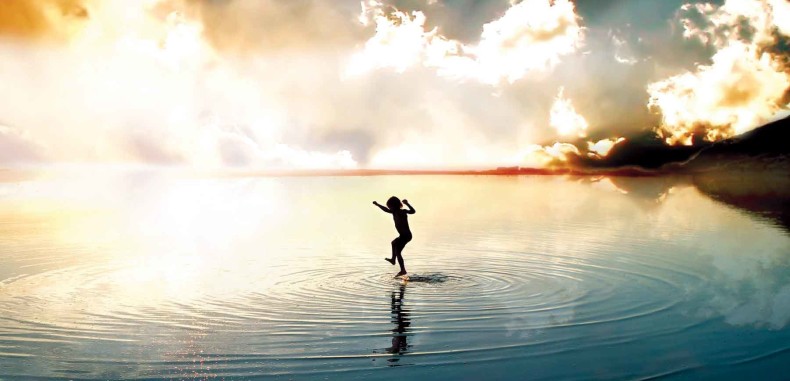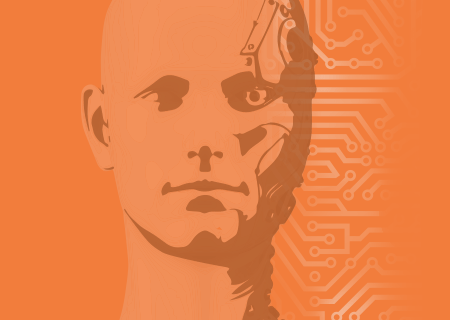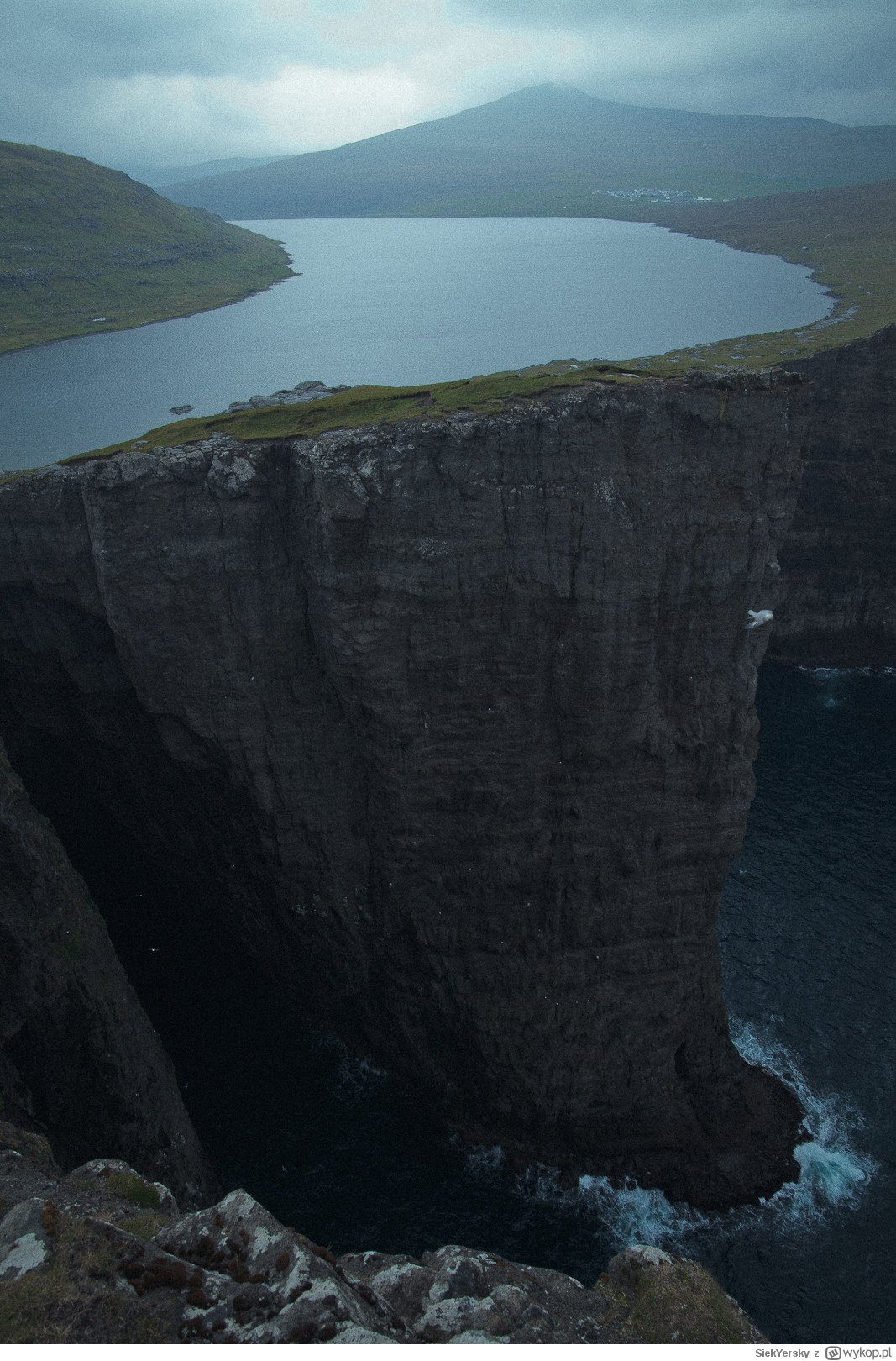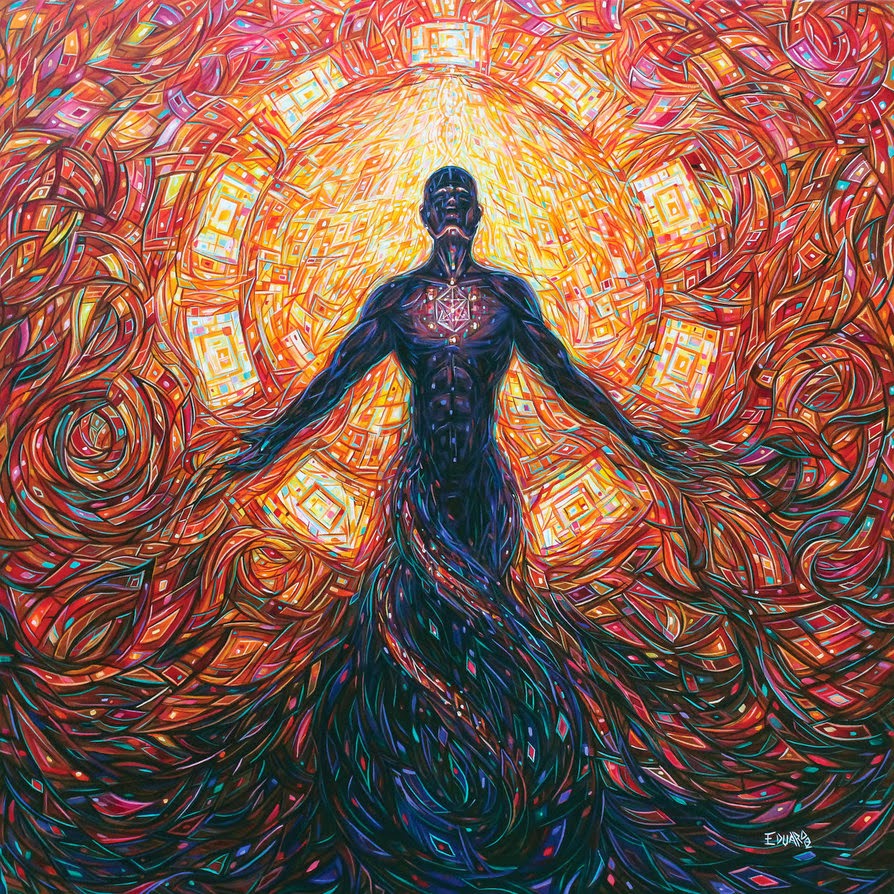The key question is whether humankind will endure, or be just another chapter in the history of the Earth.
Many of the concerns we have regarding the environment arise precisely because of the way they affect human beings. For example, pollution threatens our health, resource depletion leads to lower standards of living, climate change puts our homes at risk, the loss of biodiversity results in the loss of potential medicines, and the eradication of wilderness means losing a source for recreation.
Darwin’s theory of natural selection is invoked to argue in favour of intolerant discrimination against the environment and sentient non-humans. Most proponents of his theory unfortunately only tend to focus on the catchphrase ‘the survival of the fittest’ and are unaware of his intense interest in moral principles and human and animal welfare and his belief that altruism is a vital part of life. Contrary to what they think, evolution does not just promote violent competition, conflict, and predation, it also favours the development of compassion and cooperation, traits that have proven to confer an evolutionary advantage that is ultimately greater than the benefits of selfishness.
To many, conserving nature is an irrational choice. They argue that climate change is a natural outcome of human evolution and holding a strictly anthropocentric view, call it pointless to consider the fate of future humans or the preservation of the planet beyond the next few generations. But look at it like this: You rent a house. You will do almost whatever you want inside that house, except for wrecking it and making it inhabitable for the future tenants. It’s like this with the earth’s natural resources as well. You only ‘rent’ it. Present generations have no right to use to the point of depletion or to poison what they did not create.
They further claim that individual humans act with certain feelings/motivations that have been endowed on them by the universe to ensure that human culture has an evolutionary trajectory via human-induced global warming and planetary geoengineering. Instead of mistaking the accretion of sensory experience and feelings for the illusion that each one of us is the ‘crown of creation’ (when in fact everybody’s nobody) why not assume that our humanity, including the self-control needed to form a liveable society, is built into us?
Thirdly, these self-proclaimed optimists like to think that humans can develop a technological solution to overcome any challenge that endangers their life on earth. That again seems like an absurd supposition to me. The electric grid already seems decrepit and in a lot of trouble. It has never stopped demonstrating unintended consequences.
Their outlook is relatable with the conventional wisdom dating back to as early as 1500 A.D., which held that the Earth was the centre of the universe. This view was so all-pervading that it was taken to be a self-evident fact not a challengeable construction of the human mind even as the first pioneers discovered evidence to support the fact that the Earth and the other planets go around the Sun. Copernicus, Galileo and Kepler were crazy people, thought the masses, until of course, they came to embrace what modern science proved.
Technology is born out of intelligence. We have the intellect to create, but we do not have the wisdom to use our creations wisely.
Our consciousness of ourselves as separate from nature is central to the question of why we treat the world the way we do.
The way in which we are functioning in our own imaginary environment, creating each new ‘mass movement’ to further own interests (religion, capitalism, humanism, etc), allowing money to guide intentions, rather than wisdom or moderation, bears a fateful similarity to the moment in which Sophocles’ King Oedipus, unwittingly murdered his father and caused the miasma to descend upon his city.
The bitter truth is that compared with the people, the planet is doing great. It’s been here over four billion years. The planet isn’t going anywhere. We are.
Scientific facts are critical and necessary, and policy papers and legislation are indispensable but they are not sufficient to address the pressing environmental challenges. That may require other disciplines and other ways of looking at the world.
Personally I feel that environmental desecration can be traced to a spiritual crisis. The battle against the destruction of our environment can only be won once spirituality emerges as a stronger force than materialism. A life of simplicity, of moderation and peace, and a sensibility towards a larger sense of the beauty and complexity of the natural world, the integrity of ecosystems, and this vast evolutionary journey that the world is a part of is the spiritual way out of the tragedy which we all now face.
Humans are special, not in the sense that we have special privileges, but in the sense that we have special responsibilities. We have a responsibility to evolve toward what deep ecologists call “Self-Realization”, a paradigmatic shift in our consciousness, from one of radical separateness to one of radical interconnectedness. Once that consciousness is attained, the realisation will set in of the unity or oneness of the whole of the universe. Based on a certain sameness in mind, the world, mountains, rivers, trees, animals, people and even celestial elements are all related and interact with each other in significant ways. This is what Einstein’s intellectual successor David Bohm called the Implicate Order.
We are special only to the degree to which we find a greater meaning in life, a greater purpose in our own and all of existence. What this means is that we can determine precisely who we are, not by increasing our control over nature, but by deepening our identification with the self-evolving cosmos as the origin and source of our reality. Only if we dissociate from our narrow ego-selves, and the notion of ourselves as the superior species will we be able to identify with the interconnected web of life. One way or another, our sense of ourselves as beings existing separately from the rest of the universe has to be overcome. Taking care of the planet will then be seen as a form of self-care, as natural as looking in the mirror.
“Cosmic consciousness, a consciousness of the life and order of the universe which is possessed by few men at present. It is a further stage of human evolution which will be reached by all humanity in the future.” – Richard Maurice Bucke
It will be interesting to speculate on what it looks like for humanity to commit to ascend to a state of cosmic consciousness and call forth the wisdom and gifts that are latent in the human psyche. This cosmic feeling for all of humankind has to come from within oneself. Of course it won’t be a monolithic phenomenon just yet as that will take time to build. It might start with a small group. It might start with a blog post.






